Future Shopping — The Man Charged With Completely Transforming Memorial City, David Glover is Determined to Change Malls Forever
Tackling Unhappiness, Security and the Places Between the Buildings to Create a Better Retail World
BY Chris BaldwinDavid Glover is being entrusted with helping to redefine Memorial City Mall.
You do not expect a major real estate developer and architect to talk about unhappiness in an interview. Then again, David Glover’s never been much interested in doing the expected. Lured to MetroNational from Gensler and a plush job in his native Los Angeles that he never thought he’d want to leave, Glover is approaching his new challenge — “to completely transform Memorial City” — by looking at the big picture that many developers never see.
No not some master plan full of fancy renderings. Or a cool 3D model that dominates a conference table. Unhappiness.
“If you look at the stats, over 60 percent of U.S. adults report being lonely,” Glover says. “Over 60 percent. That’s double what it was 20 years ago.
“By the way, with Gen Z, it’s a worse number. It’s in the low seventies. We’re just fundamentally an unhappier community.”
Glover believes that he and the Johnsons — that would be MetroNational chairman and CEO Roy Johnson and vice chairman and president Jason Johnson — can help bring some happiness with a completely reimagined Memorial City. Including a Memorial City Mall that you eventually might not even recognize as being related to what is there today.
It is a lofty goal. You might even think it is a completely hokey one, the kind of thing that real estate guys say when trying to sell something, if David Glover was not so completely earnest about it. Glover is not just committed to this. He has seriously studied it. Like a paleontologist studies the fossil records, searching for the slightest hint of something that was somehow missed.
“We talk about COVID being a problem,” Glover says. “There are many other social epidemics we’re up against. What that means is as landlords, developers, designers we need to think differently. You can’t just rely on the same old aspects of design anymore.
“We’re forced to — in a good way — forced to create new concepts. Things that will rebuild communities and rebuild our sense of unity frankly. That brought us (Glover and the Johnsons) together. Those kind of beliefs.”
Glover and I are sitting on the top open air deck of MetroNational’s headquarters building. It is cloudy, somewhat windy Houston day and if Glover cranes his neck he can probably see The McAdams, the MetroNational mid-rise where he is staying while he and his wife figure out where they want to live in Houston.
Getting David Glover to come to the Bayou City is something of a coup for the Johnsons. Glover has helmed the transformations of a number of notable and distinctive projects — from Century City, the pioneering outdoor LA shopping center to Universal Studios’ City Walk to The Hub on Causeway on the site of the old Boston Garden to Shanghai Tower, the distinctive, twisting, high-rise that’s now the second tallest building in the world. Glover even worked with Elon Musk on the prototype for the very first Tesla store.
He is the kind of force you call on when you’re beyond committed to doing something truly revolutionary.
Which brings us back to Memorial City and its very traditional shopping mall.
Glover does not mince words when the subject is traditional malls — indoor boxes of stores. He enjoys them about as much as Seth Rogen enjoys anti-weed laws.
“Every suburban mall is going to have to reinvent or die,” Glover says. “This time has gone. You can’t have living in a sea of mediocrity anymore. People’s lifestyles have changed. The way we buy things has changed. The way we experience things has changed. And what we want to experience has changed.
“My daughter’s generation. . . done with malls. Forget it.”
To stay relevant, Memorial City Mall must become indispensable in Glover’s mind. Which means making it much more than just a mall.
“I talk a lot about building traditions,” Glover says. “If you think of New York and you think of New York at Christmas time, there’s one place you’ve got to go. Rock Center. Why is that? Because they’ve got a tradition and there are other places in the world that have traditions.
“Imagine if we can create this place that has amazing traditions. Not one, but a bunch. A whole tapestry of seasonal events, signature traditions.”
This is the type of talk that gets the Johnsons excited, why they convinced David Glover that he should move to Houston and help them do something truly special. And revolutionary.
“We realized that we share many of the same philosophies and values,” Jason Johnson tells PaperCity. “And that David could help take Memorial City to a new level. We’re looking for the future.”
The Science of Shopping
Only months into his MetroNational tenure and his new life in Houston, David Glover is still in the planning stages of developing the overriding new vision of Memorial City in concert with the Johnsons. But do not think for a moment that he regards this stage as any kind of drudgery. The man with 35 years of experience in design who talks of being “in the fourth quarter” of his career while sitting across from you, leans forward when discussing new studies and statistical analysis methods not available before.
MetroNational’s new man is all about the data. Having the best possible information — and using it to Memorial City’s advantage.
When Bryan Koop, the president of Boston Properties, discovered a new algorithm developed by the MIT media lab dubbed Street Score that rated every street and every alley in Boston for safety, Koop and Glover dove right into using it for The Hub on Causeway project. With two million square feet of asphalt on two acres — the footprint of the old Boston Garden — to work with, the two knew that a sense of safety — or lack thereof — could define the entire development.
So they had photographs taken around every nook of the site and then built a hyper realistic 3D digital model of what would replace that asphalt slab and showed the after views in the same position as the photographs. The site went from a perceived safety rating of 0.8 — less than one — to a 7.8. That is when Glover and Koop knew their vision would work.
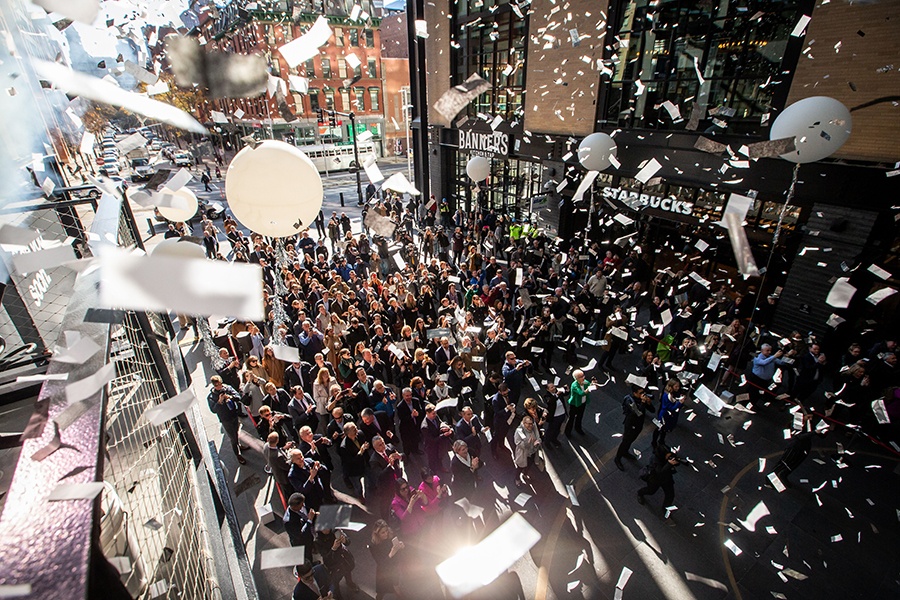
Glover is also obsessed with Australian neuroscientist David Rock’s SCARF model, which measures how humans socially interact. SCARF stands for Status, Certainty, Autonomy, Relatedness and Fairness — the five domains of human social experience that determine whether people perceive something as a reward or a threat. Glover believes SCARF can be applied to everything from retail to design. He is particularly impressed how the store Perch has incorporated it.
“I think you’re going to find more and more design data based,” Glover says. “Because you have more data.”
Now Glover is determined to apply good data to boosting Memorial City’s sense of safety.
“Something that’s really hot on our mind with the transformation of Memorial City is security,” he says. “And the notion of being safe. Safety is the No. 1 — at the highest level. But safety isn’t just the fear of somebody taking something from you or hurting you. Safety is really about that, plus feeling comfortable in a place.
“That is air quality today. And that is finding your way. So we are looking at everything from signage and wayfinding and graphics to pure security. And what the future of security is.”
Glover pauses. “We’re kind of reinventing everything,” he allows with a shrug. It is a daunting task, but one David Glover seems particularly built for.
The Natural
Glover has been building intricate projects — mini cities really — since he was a kid. Except his canvas used to be dirt rather than towering steel pillars and the latest materials. Growing up, Glover’s family would take trips to the desert of Joshua Tree, which drove an athletic sports playing LA kid crazy.
“I hated it,” Glover says. “We went probably once a year. The first thing I’d do when I’d get there is build a giant mound of dirt. Then, I’d spend the week carving away at it. And making this crazy city out of this mound of dirt.”
Rocks, weeds, little scraps of wood. . . Glover would use whatever materials he had to build his city on a dirt hill that he, his sister and anyone else with a sense of adventure could navigate. David Glover’s dirt cities fit people. He built them to be occupied.
From there, Glover would tell you that things fell into place. “I’m a lucky, lucky person,” he says.
“Imagine if we can create this place that has amazing traditions. Not one, but a bunch. A whole tapestry of seasonal events, signature traditions.” — David Glover
Case in point? Glover got into USC — the school that would define him — because he worked for an architect at age 17 and happened to be assigned to deliver rolls of drawings to Graeme Maxwell Moreland, a powerful architect professor who introduced Glover to the dean.
Glover also only applied to be a scholar in residence at USC’s prestigious — and door opening — Gamble House only after he happened to run into the university dean who wondered why he hadn’t seen Glover’s name on the list. Even after that, Glover and his roommate still debated whether to go to a bar to watch the Lakers game that night or go to the Gamble House interviews. They went with The Gamble House at the last minute — and both ended up getting the coveted spots.
So Glover and his buddy got to live in the historic, architecturally significant 12,000 square foot mansion in Pasadena rent free for a year. Which also meant getting to hobnob with plenty of power players. Glover even met Princess Diana and Prince Charles, who stayed at The Gamble House on a visit, during his year.
There’s serendipity. And there’s just an almost unbelievable, sun-kissed good fortune.
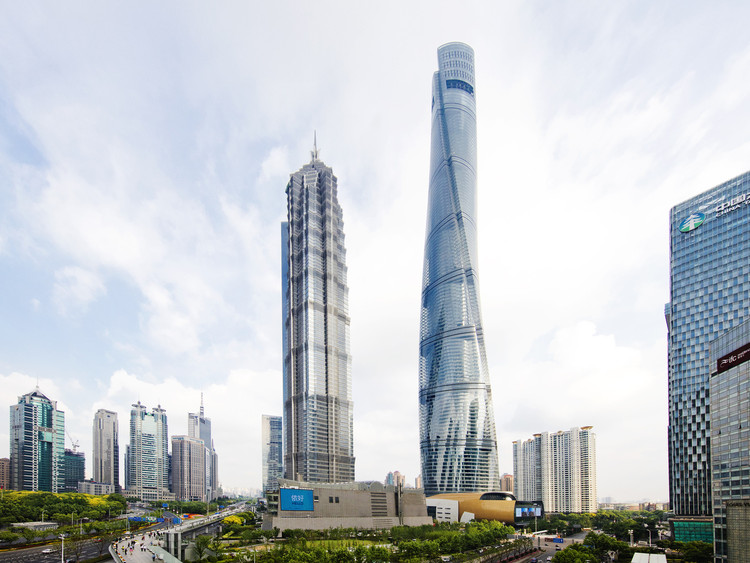
The most important figure for his future that MetroNational’s Mall Savior met for his future while living at The Gamble House turned out to be Jon Jerde, the architect in charge of the 1984 Summer Olympic Games in Los Angeles when Glover met him. The stretched thin Jerde needed help with Horton Plaza in San Diego, so he asked the young USC architecture grad when he wanted to start.
Glover began working for Jerde’s firm the very next day — and stayed there for 12 years. In fact, Glover almost proudly notes that he’s never done a resume or put together a portfolio in a bid to be hired somewhere.
Of course, all of Glover’s talk about his incredible good fortune omits the fact that he took advantage of every one of those opportunities — and never let go. This is a driven worlds builder who gets things done.
“I don’t know if there’s anyone who has quite the breadth of experiences that David has,” Jason Johnson says. “He’s coming at this with a very unique eye — and that’s what we’re looking for.”
Memorial City Makeover
David Glover and the Johnsons are not ready to talk about the specifics of this Memorial City transformation. Mostly because those are still being imagined. But Glover admits he is obsessing over the spaces in-between the buildings, the way that hospitality can reach new levels (picture Memorial City’s best customers being told that a car will be sent to their house to pick them up whenever they want to come) and a more outdoors than indoor orientated environment.
Yes, Memorial City Mall is for some dramatic changes.
If you’re focused on the unhappiness problem, you know the status quo is the enemy. Instead, David Glover is embracing the blur.
“It’s no longer about Live, Work, Play,” he says. “It’s about Live, Live, Live. And because we are doing everything all at once, your entire life is blurred. It’s a hybrid. We have to understand that human behavior change and design to that. That didn’t exist 15 years ago. That didn’t exist 10 years ago.
“We’re living a completely blurred lifestyle. So successful places will respond to that.”
“If you look at the stats, over 60 percent of U.S. adults report being lonely. Over 60 percent. That’s double what it was 20 years ago.” — David Glover
Glover never expected to spend his sixties in Houston. Heck, he never imagined leaving Gensler, let alone Los Angeles. But here he is, trying to reimagine everything in a new city. His daughter is a junior at USC who wants to get into real estate development. Maybe, she will work with Glover at MetroNational one day.
One thing this happy disruptor knows for sure is where he and the Johnsons eventually need to get in this transformation.
“What does success look like?” David Glover asks himself, leaning back in his chair on that big headquarters terrace. “That would be people around here — within a 50-mile radius — saying, ‘Oh, Memorial City. I couldn’t imagine living without it.’ To me, that’s what success looks like.”
Glover looks around, smile still planted on his face. The man charged with completely transforming Memorial City is more than ready to get going.
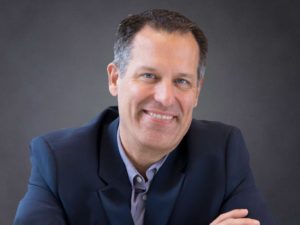



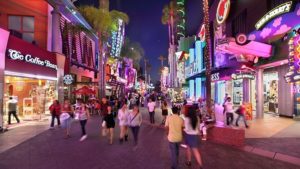
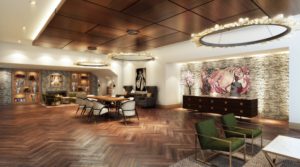










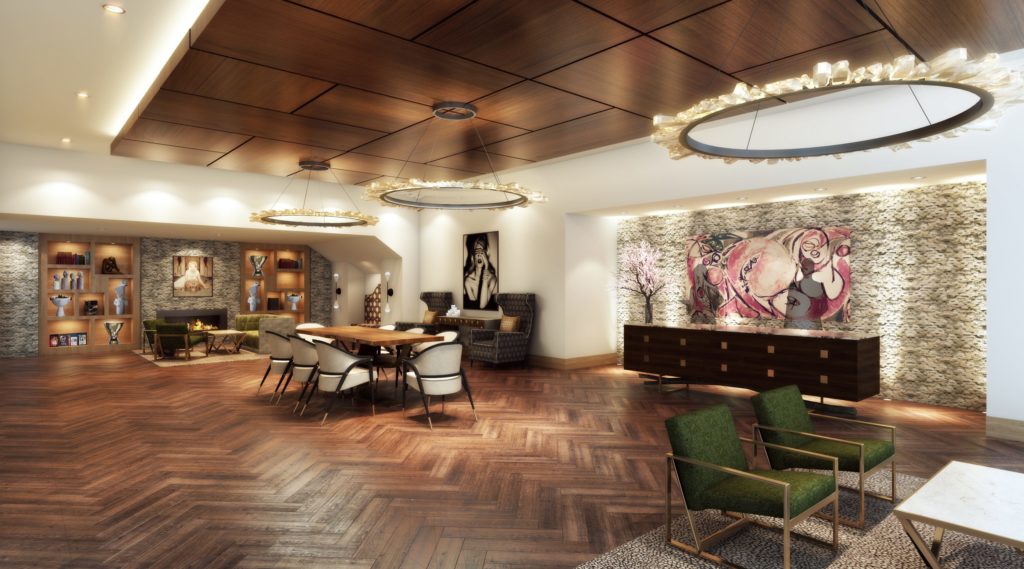
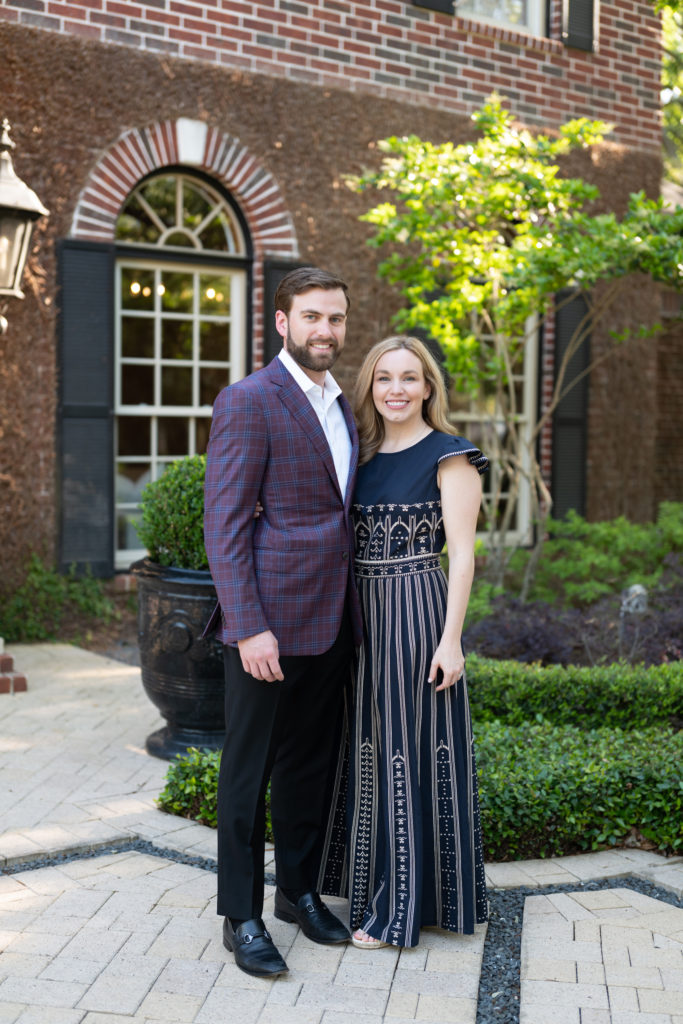
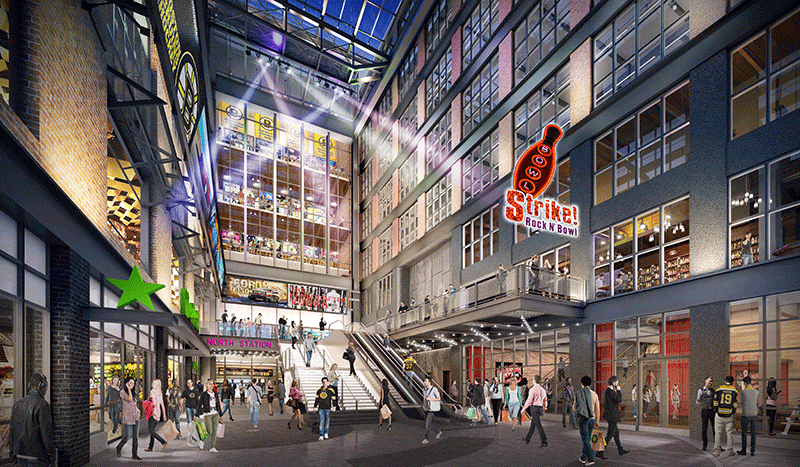
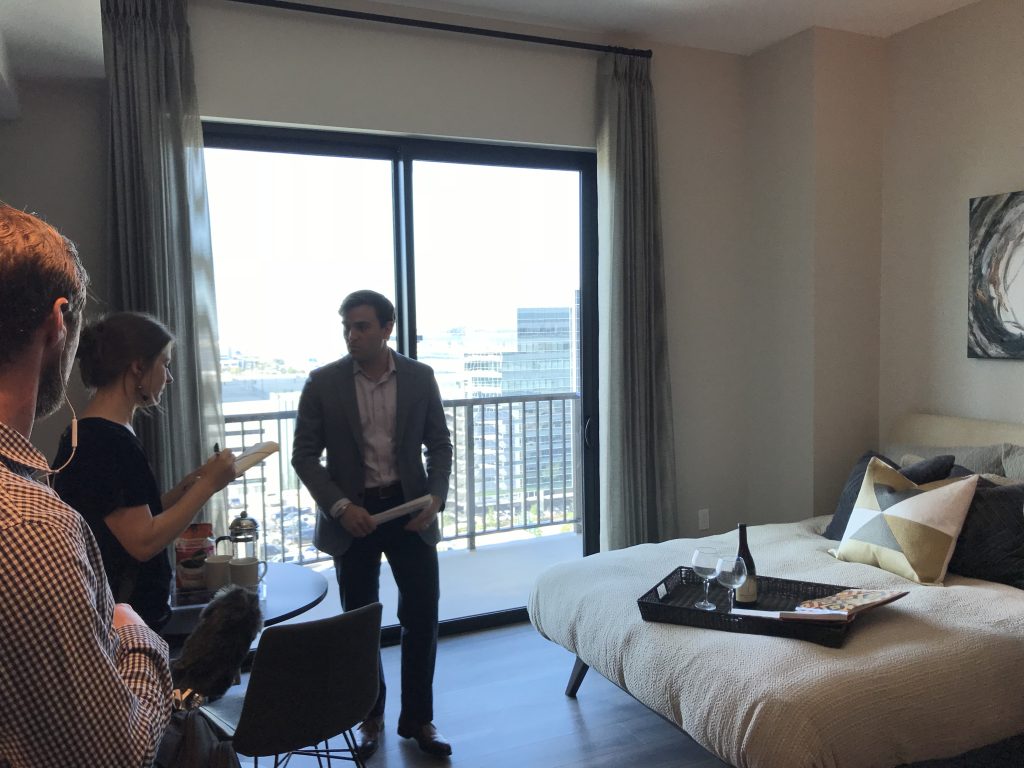
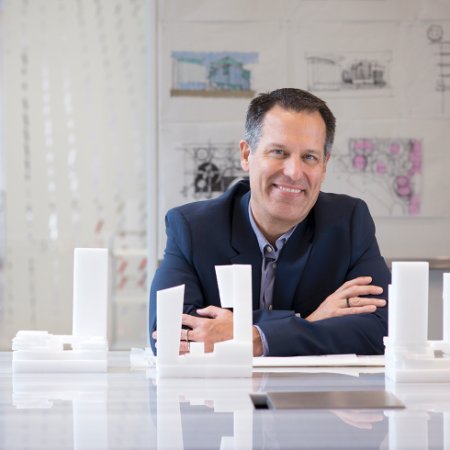
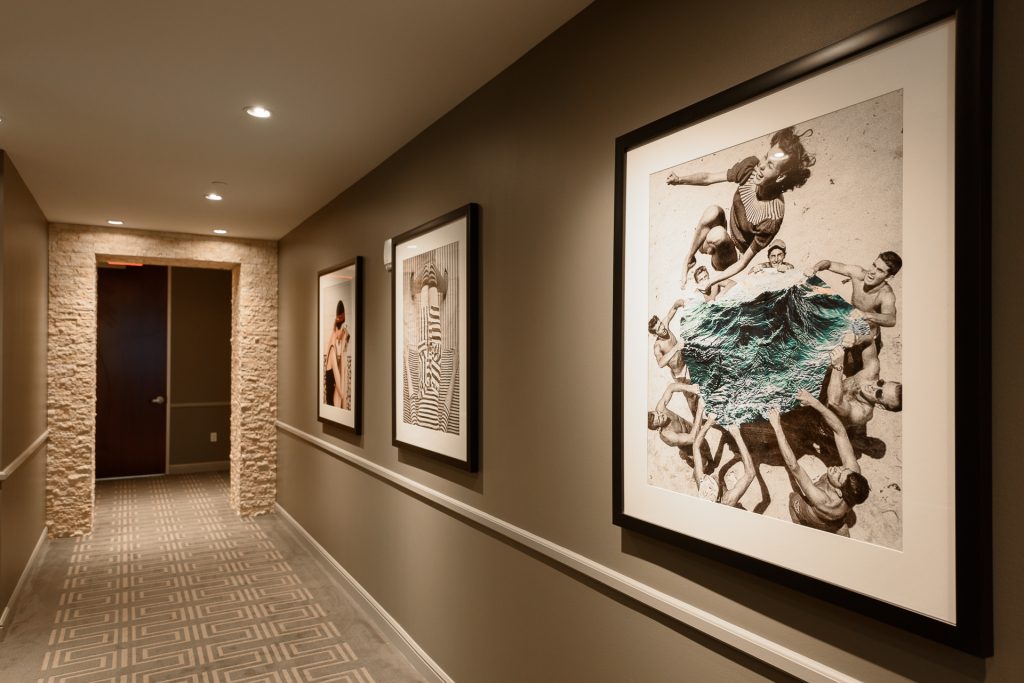









_md.jpg)


_md.jpg)










_md.jpg)













_md.jpg)
_md.jpg)


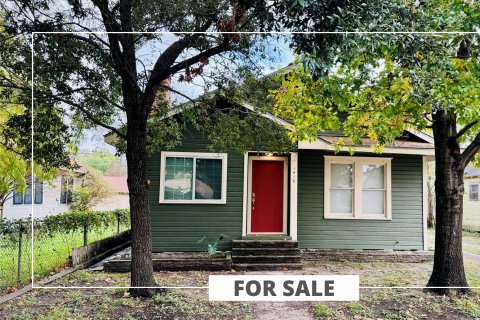
_md.jpg)
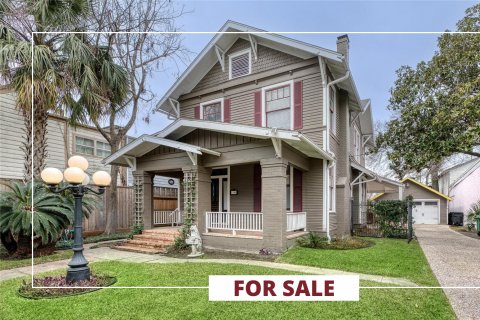









_md.jpg)

_md.jpg)




_md.jpg)
